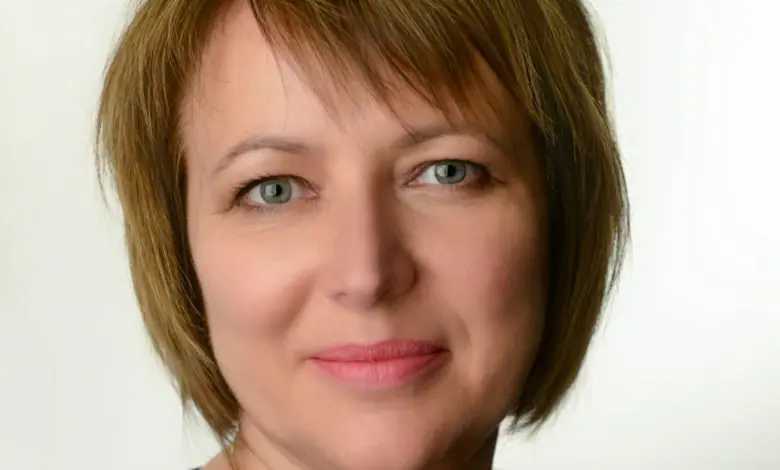How tackling climate change will shape funeral services in years to come
Suzanne Grahame, CEO of Golden Charter, on why funeral directors should have one eye on how they can reduce their impact on the environment

The year 2021 may very well be remembered as the year the world woke up to the climate crisis. As we enter a new decade, environmental and social sustainability is becoming non-negotiable for companies, with consumers, employees, investors, regulators, media and pressure groups demanding change.
Funeral directors up and down the country will explain that this shifting emphasis has found its way into the funeral sector, too. Before the Covid-19 pandemic, sustainability was a nice-to-have, a common but not essential consideration for many clients both when planning future funerals or arranging one immediately.
Now, after having to strip back funerals to meet Covid restriction requirements, and after a year of constant attention on the climate crisis, reducing a funeral’s impact on the environment is a necessity for many. And, I think, will soon be front of mind for all funeral directors.
It won’t be long before offering low carbon funerals, or zero waste funerals, or even net zero funerals, will be a common expectation everywhere. It might even become a regulated requirement in the long run. To ignore this trend is to run the risk of becoming irrelevant to clients in future, and possibly even at odds with legislation and regulations.
In the short term, I’m sure most funeral directors’ attention is singularly focused on meeting the needs of their close communities. The next wave of the Covid-19 pandemic is hitting us as I write and my thoughts go out to all those funeral directors who will still remember the strains and challenges of working under lockdown conditions in 2020.
But we must also look to the long term. FCA regulation is forcing us to do this already, and the renewed emphasis on climate change is also prompting us to look ahead.
Funeral directors will critically evaluate everything they do and how they do it. How environmentally friendly their operations are could determine whether consumers choose them in future. This is not an immediate requirement, but it is not unthinkable for such a shift to take place this decade.
As people respond to the shifting sands of the pandemic, our researchers have noted three material changes in how 45-60 year olds view the world. We call them “Next Generation Funeral Planners” and they are significantly different in outlook to most 60-75 year olds.
The specific changes we’ve seen are:
- Net zero is not enough: the younger you are, the more important climate change is. Even for people approaching their 60s, many now feel becoming carbon neutral is not enough. They’re asking what organisations are doing to contribute positively.
- Asking hard questions: customers are starting to look hard at every stage in a company’s way of working, to check it fits with their ethics and is totally transparent.
- A microscope on packaging and waste: you’d think this trend would be more relevant to retailers than to funeral directors. But the same demands placed on retailers for products to be made from – and packaged in – recycled materials, could well find its way into the funeral sector.
It is hard to imagine how best to tackle these changing trends. Funeral directors necessarily live in the here-and-now at the moment.
One of my goals as CEO of the funeral planning business that represents independent funeral directors is to look ahead on their behalf. We want to know what matters to customers so that we can pass that information on. If nothing else, the trends will start to become reality on the front line and when that happens, at least there won’t be any surprises.

